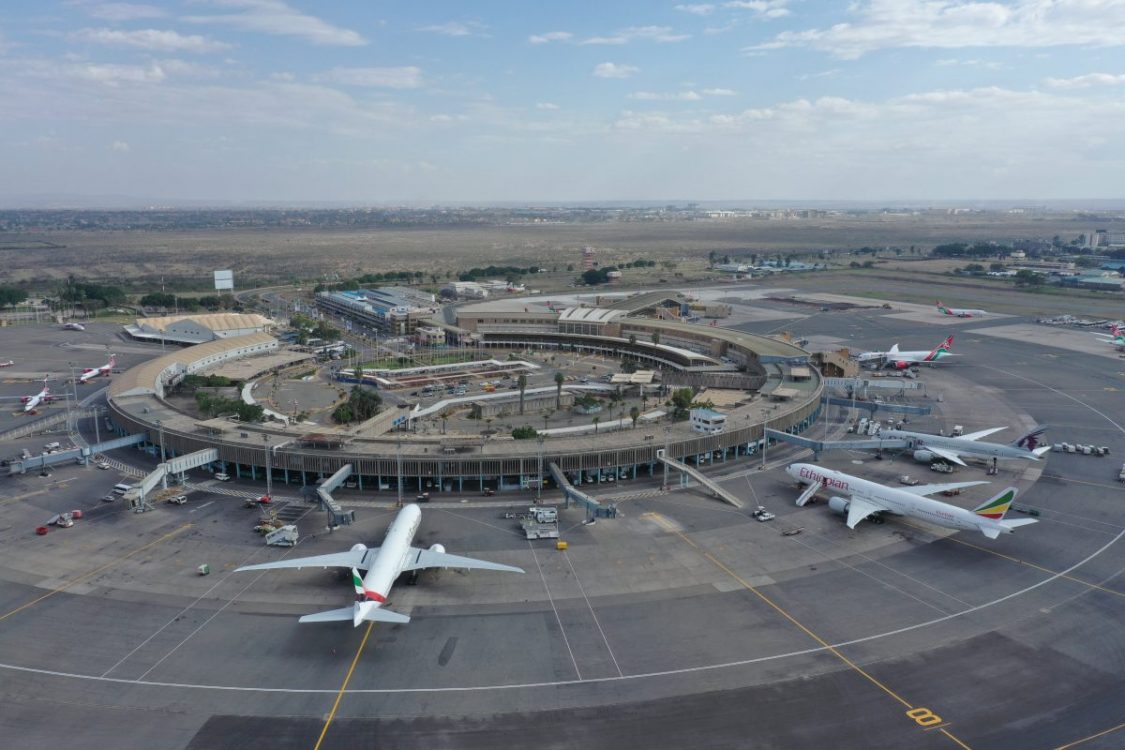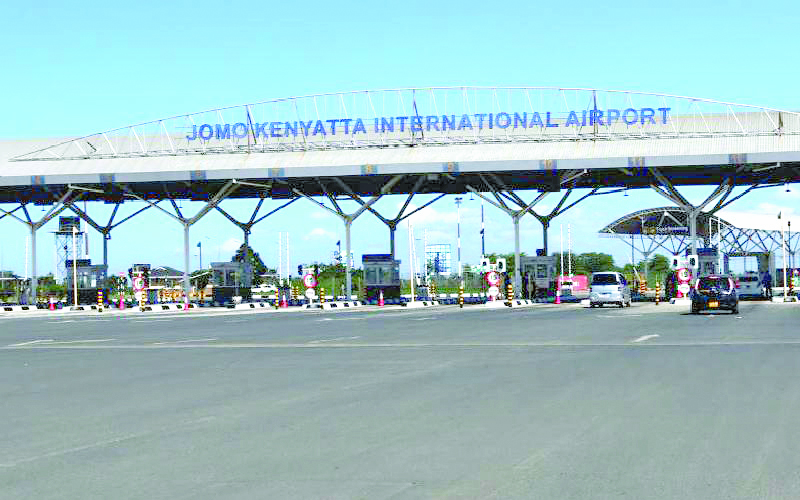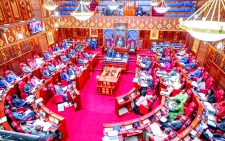Kenya’s ‘love’ for Indian investors raises eyebrows

The increasing involvement of foreign entities, particularly those led by people of Indian extraction, in Kenya’s national resources and critical infrastructure has put the State in the spotlight.
Recent focus has been the Adani Group, a large Indian multinational whose involvement with Kenya’s Jomo Kenyatta International Airport (JKIA) and Kenya Electricity Transmission Company (Ketraco) has drawn significant public criticism.
The deal proposes that the Indian family take over the airport for 30 years in exchange for an investment of $1.85 billion to the government. Adani says it will complete the upgrade by 2035.
During the 30 years, Adani will determine and collect charges for non-aeronautical and other commercial activities without restrictions from the government until it hands over the airport back to the government.
And despite its plans to recoup its investment during the 30-year period, the Adani’s will still have an equity share in the airport once this lease expires.
Corruption cases
Critics feel these moves echo earlier instances of corruption cases that are linked to people of Indian extraction, wherein businesses and powerful individuals co-opt government structures for financial gain. The idea of state capture is not new to Kenya, where past scandals like Triton Oil and Goldenberg left lasting scars on the economy.
In the Triton case, businessman Yagnesh Devani was accused of illegally acquiring 26.4 million litres of oil stocks without proper authorisation. The scandal cost taxpayers Sh7.6 billion and destabilised the oil sector, yet Devani has evaded justice for nearly 16 years.
In a recent and controversial decision, Kenya’s Director of Public Prosecutions dropped charges against Devani, citing a lack of available witnesses.
The move reignited debate about political influence over the judicial process, as key witnesses, including former Energy Minister Kiraitu Murungi, declined to testify. This reluctance from high-ranking individuals has allowed cases involving billions of shillings in public funds to stall, leaving justice unserved.
The Goldenberg scandal, Kenya’s longest-running financial scandal, serves as another example of entrenched corruption with deep political roots.
Kamlesh Pattni, an Indian businessman, orchestrated a fraudulent scheme in the 1990s involving fake gold exports, resulting in billions of shillings in losses.
The scam implicated several senior government officials who were never prosecuted. The scandal cost Kenya over 10 per cent of its revenue, and the Central Bank is still awaiting compensation.
Nearly three decades later, the case remains a symbol of corruption and impunity, casting a shadow over current deals with foreign firms that critics argue could potentially follow similar patterns.
Kenya is not alone in facing concerns about Indian business influence over national resources. South Africa, too, has dealt with the controversial involvement of the Gupta brothers, Indian-born businessmen who leveraged political connections to win lucrative government contracts.
Their influence over former President Jacob Zuma’s administration was so pervasive that it coined the term “state capture” and led to extensive corruption investigations. Many fear Kenya could be following a similar path, especially as Adani’s influence grows across critical sectors.
In October, Ketraco signed a Sh96 billion deal with Adani to develop power transmission lines and substations. While framed as a public-private partnership, critics point to its opaque nature and lack of public involvement.
The Law Society of Kenya challenged the agreement, arguing it was reached unconstitutionally. Amid these concerns, Adani has also entered Kenya’s healthcare sector, where it is reportedly involved in reforming the National Health Insurance Fund (NHIF) into the Social Health Insurance Fund (SHIF). The transition has significantly increased healthcare costs for Kenyans, raising questions about transparency and accountability in these new arrangements.
Healthcare deal
The potential involvement of companies linked to the wife of Ruto’s economic advisor David Ndii has added further controversy to the Adani saga.
Apeiro, a firm reportedly tied to Ndii’s wife, was quickly registered in Kenya before being awarded a large stake in the healthcare deal. Soon after, a notice for its deregistration surfaced, sparking speculation about its role.
The rapid emergence and abrupt threats of closure around Apeiro have fuelled suspicion that it may have been established solely to facilitate Adani’s entry into Kenya’s healthcare system.
Internationally, Adani has faced criticism for its operations in Australia and scrutiny over alleged stock manipulation. This pattern of controversies has heightened local worries about the company’s role in Kenya.














